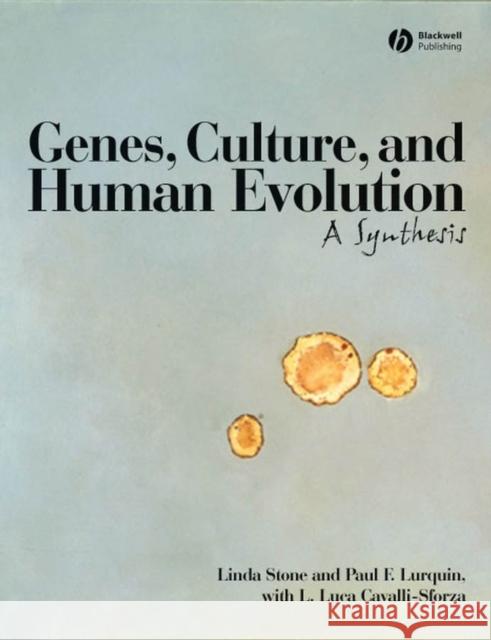Genes Culture Human Evolution C » książka
topmenu
Genes Culture Human Evolution C
ISBN-13: 9781405150897 / Angielski / Twarda / 2006 / 336 str.
Genes, Culture, and Human Evolution: A Synthesisis a textbook on human evolution that offers students a unique combination of cultural anthropology and genetics.
- Written by two geneticists---including a world-renowned scientist and founder of the Human Genome Diversity Project---and a socio-cultural anthropologist.
- Based on recent findings in genetics and anthropology that indicate the analysis of human culture and evolution demands an integration of these fields of study.
- Focuses on evolution---or, rather, co-evolution---viewed from the standpoint of genes and culture, and their inescapable interactions.
- Unifies cultural and genetic concepts rather than rehashing nonempirical sociobiological musings.
- Demonstrates that empirical genetic evidence, based on modern DNA analysis and population studies, provides an excellent foundation for understanding human cultural diversity.











